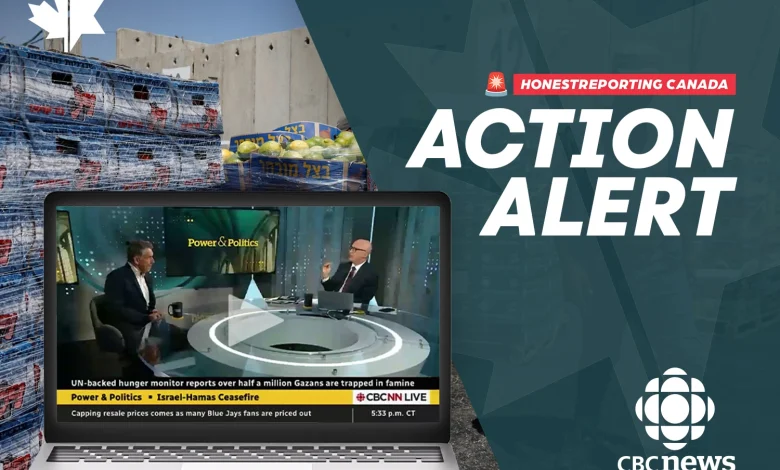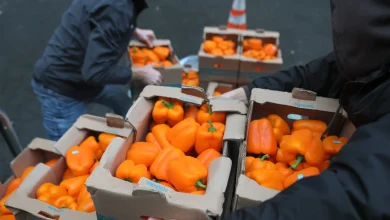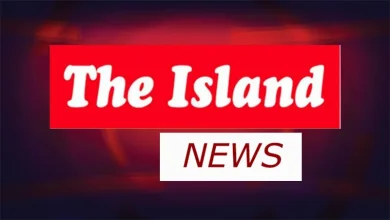CBC Power & Politics Program Treats Anti-Israel Claims From UNICEF Spokesperson With Kid Gloves

Like so many other activist groups hiding behind a supposedly ‘humanitarian’ veneer, UNICEF has attacked Israel while carefully tiptoeing around criticizing Palestinian terrorists.
In an October 21 interview on the CBC radio program The Current, UNICEF spokesperson James Elder said “I’ve got to be cautious here” commenting on Hamas’ role in Gaza, saying “I have a humanitarian mandate,” before throwing caution to the wind, and blaming Israel for conditions in Gaza. CBC previously gave Elder a platform to demonize Israel on a lengthy broadcast on the Front Burner podcast on September 3.
Meanwhile, On October 22, Elder read from the same playbook in an appearance on Power & Politics, ostensibly about the humanitarian conditions inside Gaza, with host David Cochrane.
Click below to watch the segment:
The entire interview focused on Elder’s claims that more aid needs to enter Gaza, and that the last two years have seen Israel cruelly deprive the territory of food. Cochrane cited a claim that there are 55,000 “severely malnourished” individuals in Gaza, while Elder stated that “there have been three sieges in the Gaza Strip where a full denial of aid” took place.
What Elder conveniently omitted from his comments is that in the longest suspension of aid in early 2025 which lasted some 11 weeks, it was preceded by a huge upsurge in food deliveries, enough to last for approximately five months, effectively meaning that there was no material shortage at all.
On two separate occasions, Elder claimed hundreds of trucks of aid were needed daily in Gaza, saying “we need five, six hundred trucks.”
Yet again, Elder misrepresented the facts. While it is accurate that before the Hamas massacres of October 7, 2023, there were hundreds of trucks entering Gaza daily, half of them were carrying building materials, while only about 22 percent were carrying food.
Even before the ceasefire took effect, more than enough food was entering Gaza, but by claiming that hundreds were needed daily, Elder framed Israel as trying to deprive Gaza of food, when there is enormous evidence to the contrary.
While both Elder and Cochrane painted a picture of Gaza as on the brink of starvation before the ceasefire, there were literally hundreds of trucks – much of them carrying food – entering Gaza daily, creating widespread scenes inside the territory showing restaurants, bakeries and markets offering a variety of food.
But these images, real as they were and demonstrating a striking contradiction to the carefully-curated images presented by Elder and CBC hosts, continue to be hidden from public view.
Betraying his earlier claim that he has “a humanitarian mandate,” Elder praised the Carney government for its September recognition of a Palestinian state, making it clear that far from being dedicated to the humanitarian concerns inside Gaza, Elder was in fact acting as a spokesperson for a pro-Palestinian campaign instead.
Rather than pressing Elder to substantiate his allegations of Israeli malfeasance in Gaza, or pointing to the large amount of humanitarian aid sent into the territory, Cochrane treated Elder’s claims as being de facto credible, part of a trend at CBC to treat anti-Israel ‘humanitarian’ groups with kid gloves, even when they spread demonstrable falsehoods.
A core tenet of journalism is to hold the powerful to account, but CBC has continued to show that anti-Israel activist groups, hiding under a ‘humanitarian’ mask, continue to be shielded from any scrutiny whatsoever.





